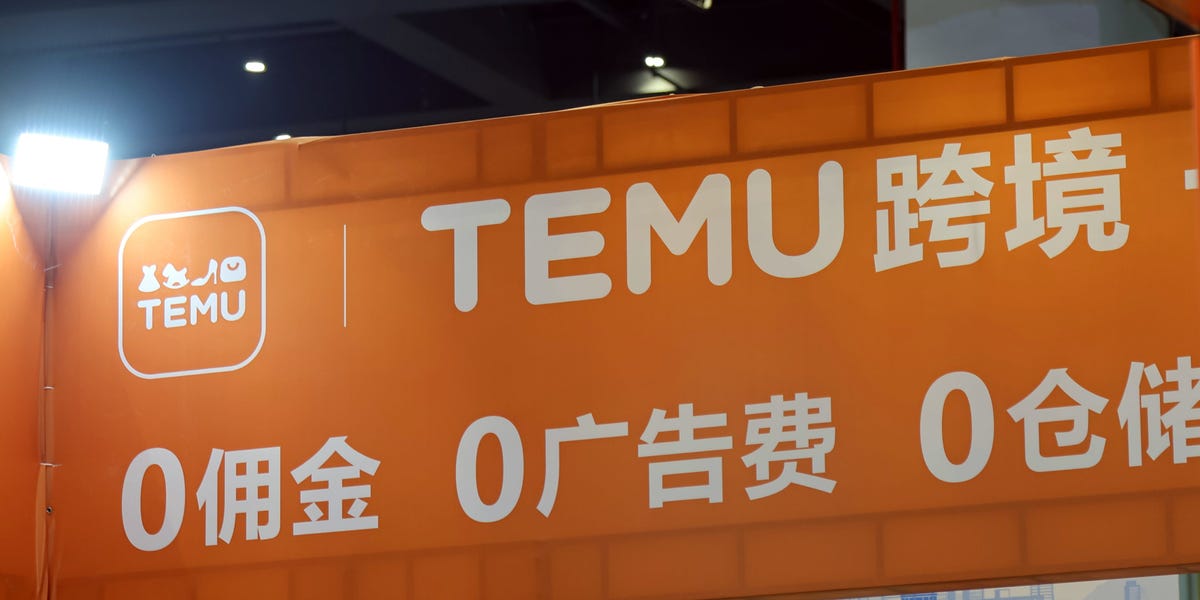Temu's Discount Delivery Disrupted: US Trade Crackdown Forces E-Commerce Giant to Rethink Shipping Strategy

Temu Shifts Shipping Strategy as Duty-Free Import Loophole Closes
E-commerce giant Temu is making significant changes to its international shipping model, moving away from direct China-to-US shipments as a crucial trade exemption comes to an end. The $800 de minimis threshold, which previously allowed low-value imports to enter the United States duty-free, is being phased out, forcing the company to adapt its logistics approach.
This shift means consumers can expect potential price increases and longer shipping times. Temu will likely reroute its packages through intermediate distribution centers, adding complexity to its supply chain and potentially impacting the competitive pricing that has made the platform popular among budget-conscious shoppers.
The change underscores the evolving landscape of international e-commerce and trade regulations. As governments tighten import rules and seek to protect domestic markets, online retailers must continuously adjust their strategies to remain competitive and compliant.
Shoppers who have grown accustomed to Temu's rock-bottom prices should prepare for a potential uptick in costs as the company navigates these new logistical challenges.
